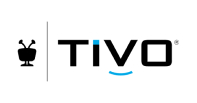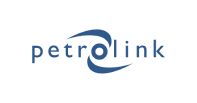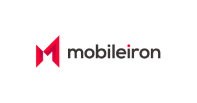Enable HTTPS encryption on your website and protects your visitors’ privacy.
Cheap SSL Certificates Starts at $3.99
CHEAP SSL CERTIFICATE PROVIDER & MODERN CERTIFICATE AUTHORITY.Authenticate your website identity and enable encryption with Trusted and Cheap SSL Certificates from reputed Certificate Authorities. To choose the right SSL Certificate, you must focus on three primary aspects – Validation Type, Number of Domains/Sub-Domains, and Certificate Authority.
Buy SSL Certificates at Cheapest Price in Industry

What is SSL? Why do you Need SSL?
Basically, an SSL certificate is a digital certificate that allows for an encrypted connection and verifies the validity of a website. SA web server and a web browser can establish a secure connection using the security protocol known as Secure Sockets Layer, or SSL. Websites require SSL certificates to secure user data, verify the site's ownership, prevent cybercriminals from building fake versions of the site, and build trust among users. The following are some significant reasons your website needs an SSL certificate:
- End-to-end encryption
- Guaranteed authentication.
- It secures you from fraudsters and cybercriminals.
- It Increases the credibility.
- It Verifies your identity.
- Increase in consumer trust.
Types of SSL Certificates
How does SSL Work?
An SSL certificate effectively creates an encrypted connection and trustworthiness.SSL certificates build an initial layer of trust by providing a secure connection. Browsers offer unique visual signals that we refer to as EV indicators—anything from a green padlock to a branded URL bar—to reassure visitors that their connection is secure.
A secured key pair is included in SSL certificates:
Both a public and private key. Together, these keys enable the establishment of an encrypted connection. The "subject," which is the name of the certificate's/website owner, is another component included in the certificate.
Generating CSR
A Certificate Signing Request (CSR) must be generated by your server to obtain a certificate. This method creates a private and public key on your server. The SSL Certificate issuer, a Certificate Authority or CA, will get the public key in the CSR data file you provide. The CA builds a data structure that matches your private key without compromising it using the CSR data file.
Note: The private key is never disclosed to the CA.
Installing SSL certificate:
Once received, the SSL certificate gets installed on your server. You must additionally install an intermediary certificate, which links your SSL certificate to the root certificate of your CA to establish the validity of the SSL certificate. Depending on your server, there can be differences in the processes for installing and checking your certificate.
The defined certificate chain can be observed in the above figure. It uses an intermediary certificate to link your server certificate to the CA's root certificate.
SSL/TLS Certificate Trusted Brands
Trusted by leading brands Globally
Securing some of the World's
Largest & Best Known Brands








Real customer ratings and reviews at
I was looking for a wildcard SSL very cheap and i found you guys, and so happy and satisfied with you services.
Thanks for your great service with very very low cost.
Great customer service fast and getting done today!